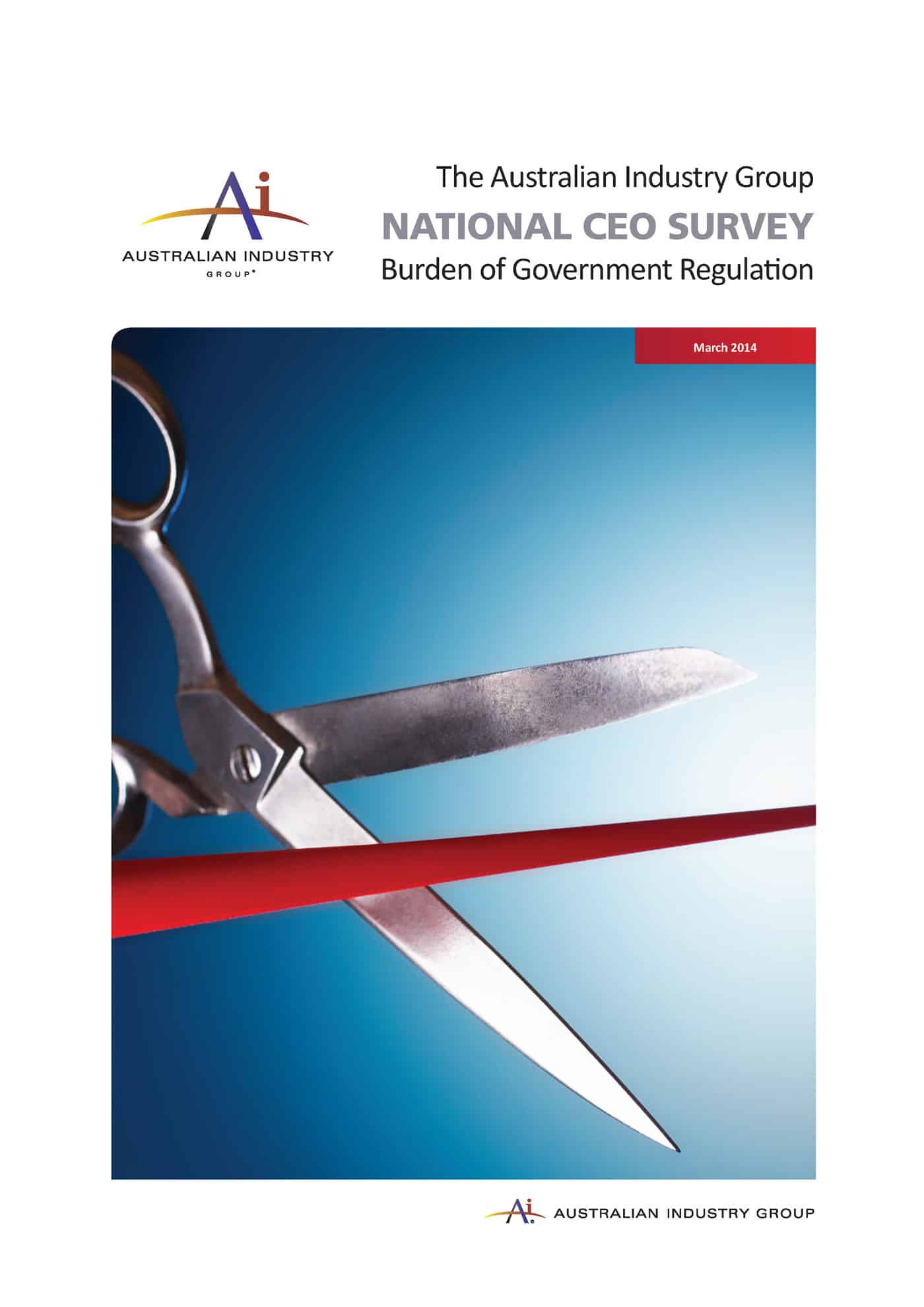The Institute of Occupational Safety and Health (IOSH) recently uploaded a swag of videos to YouTube, ostensibly, to promote its upcoming conference. One video asks if it is harder or easier to inspire leadership on OHS matters. Most speakers believe it is easier because:
- there is a stronger social expectation of higher safety standards,
- managing people is more inclusive,
- technology allows more effective communication,
- leaders are coaches,
- people have a greater awareness of how to be safe.
Some believe it is harder because:
- it is more difficult to have faith in corporate leaders,
- companies have a more complex structure of accountability and responsibility,
- there is greater cynicism of corporate leaders due to the GFC in 2007.
One speaker at IOSH’s upcoming conference says “It’s easier but it isn’t easy” acknowledging past improvements and future challenges.
The IOSH videos are promoting the conference but there is food for thought in all of them. Conferences in Australia have tried similar teaser ads (some including the author) for conferences but not to the extent that IOSH has through YouTube. As safety conferences seem to be fading in both length and influence in Australia, such videos will become rarer but, as with rarity, the content may become more valuable.


 There will be two areas of occupational health and safety attention in the early months of 2014 in Australia – workplace bullying laws and the
There will be two areas of occupational health and safety attention in the early months of 2014 in Australia – workplace bullying laws and the